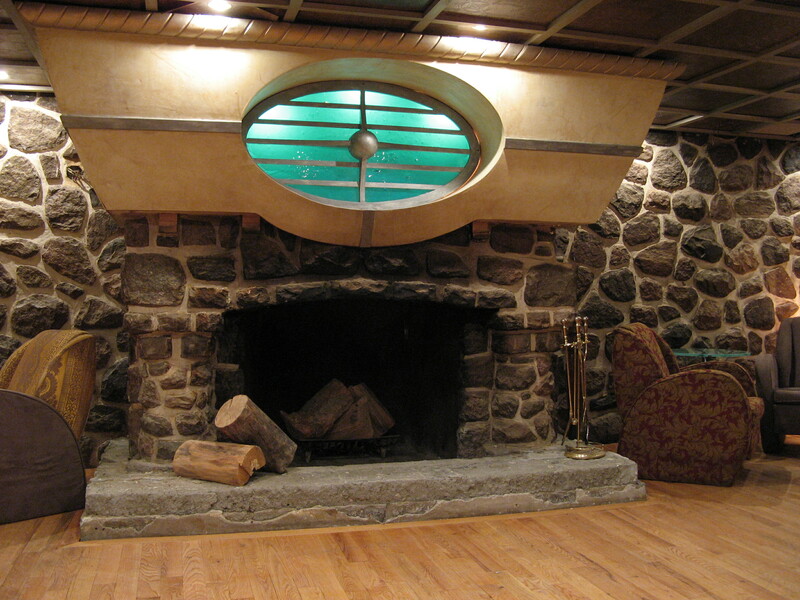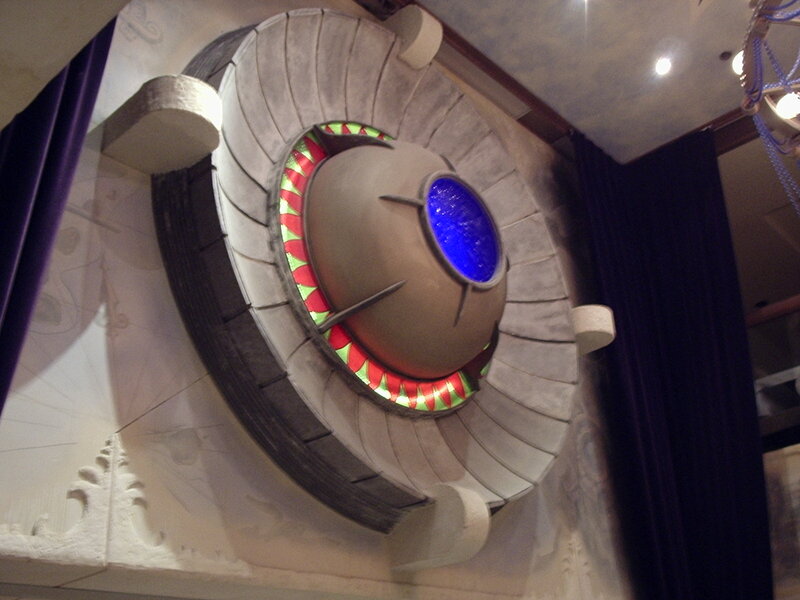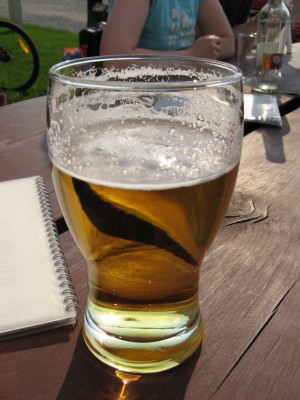tmphoto
You may have noticed that recently the photos used in this blogs have become links, which they weren't before. I know some readers have clicked on them and thought that this was just a link to a bigger version of the photo, but it's actually a lot more than that. Every photo is a topic in a photo topic map, and the link goes to the topic page for that photo, showing it in context. ...
Read | 2007-09-15 19:08 | 7 comment(s)
Semantic Web School interviews
As part of the promotion of TMRA 2007, Lutz arranged to have some of the speakers interviewed by the Semantic Web School for their August newsletter. It's not the first time I've been interviewed, but it doesn't exactly happen very often, either, so I'm quite happy about this. ...
Read | 2007-08-23 19:31 | 0 comment(s)
Search in Topic Maps portals
One of the features that sets Topic Maps-based portals apart is their support for search, which is generally better than in ordinary portals. However, implementing search in any given portal generally requires lots of discussion with the customer and interaction designers, and it's not always clear what is the best approach. ...
Read | 2007-08-21 11:23 | 4 comment(s)
Extreme 2007—day 2
The first talk I attended on day 2 was Patrick Durusau on Retiring your metadata shoehorn, which is really about a proposal for a more powerful metadata mechanism for ODF. As far as I can tell, what they've done is to extend the ODF schema, particularly IDs on lots of elements that did not have these before. They've also added more elements reminiscent of RDF/a, which they call "in-content metadata", for much the same purpose as that filled by RDF/a. ...
Read | 2007-08-08 16:04 | 1 comment(s)
Extreme 2007—day 1
Extreme Markup languages is a rather unusual conference, with an extremely technical focus, and an unusual mix of the theoretic and pragmatic. The sole criterion for getting on the program seems to be that the speaker must have something interesting to say, which is also unusual, but does, strangely enough, seem to produce excellent results. This is, I think, my fifth Extreme conference, which speaks for itself. ...
Read | 2007-08-08 16:02 | 8 comment(s)
ISO meeting in Montréal
The second ISO meeting of 2007 was held over three days in Montréal, Canada, in conjunction with the Extreme Markup conference. This is a short personal report from the meeting. The meeting was held at McGill University, in the centre for religious studies, which (as you can see) has a rather unusual building. ...
Read | 2007-08-07 16:58 | 0 comment(s)
Writing Japanese
If speaking and understanding Japanese seems difficult, that's nothing compared to reading and writing it. The Japanese writing system is universally acknowledged to be the world's most complicated writing system, and with good reason. I'll try to give an idea of how it works here, without going too deep. (I don't know enough to take you too deep, anyway.) ...
Read | 2007-07-31 21:53 | 10 comment(s)
Speaking Japanese
Like most other things Japanese, the Japanese language is in a class of its own. It's often compared to Korean, but whether the two are or are not related is disputed. It is also sometimes linked to the Altaic family (consisting of languages such as Turkish and Mongolian), but this is even more disputed. In any case, Japanese is sufficiently different from the languages westerners are used to that composing a simple sentence (like, say, "what is the name of this beer?") requires significant mental effort for the beginner. ...
Read | 2007-07-25 20:39 | 3 comment(s)
Subtyping statements
Subtyping topic types has been supported in Topic Maps ever since the beginning, but support for subtyping statement types is much spottier, and, it turns out, trickier. In essence, subtyping of statements follows the same three rules as subtyping of topics. (You may find my introduction to subtyping useful if you don't know which three rules I mean.) There are, however, some quirks. ...
Read | 2007-07-13 18:50 | 0 comment(s)
What beer is this?
The same thing seems to happen over and over again: finding out what beers a place serves can be very, very tricky, even after you have been served. It really doesn't have to be that hard, but for some bizarre reason it is. So herewith some griping. ...
Read | 2007-07-10 21:50 | 5 comment(s)









